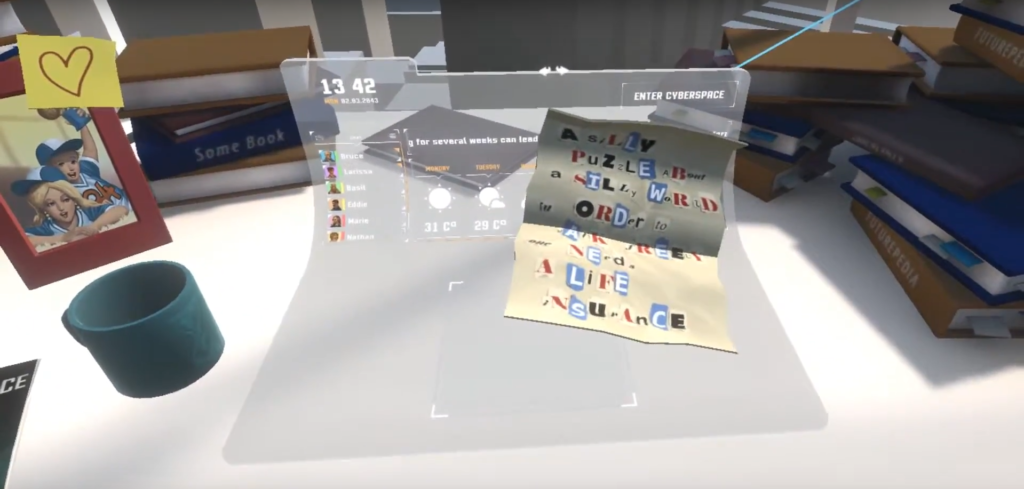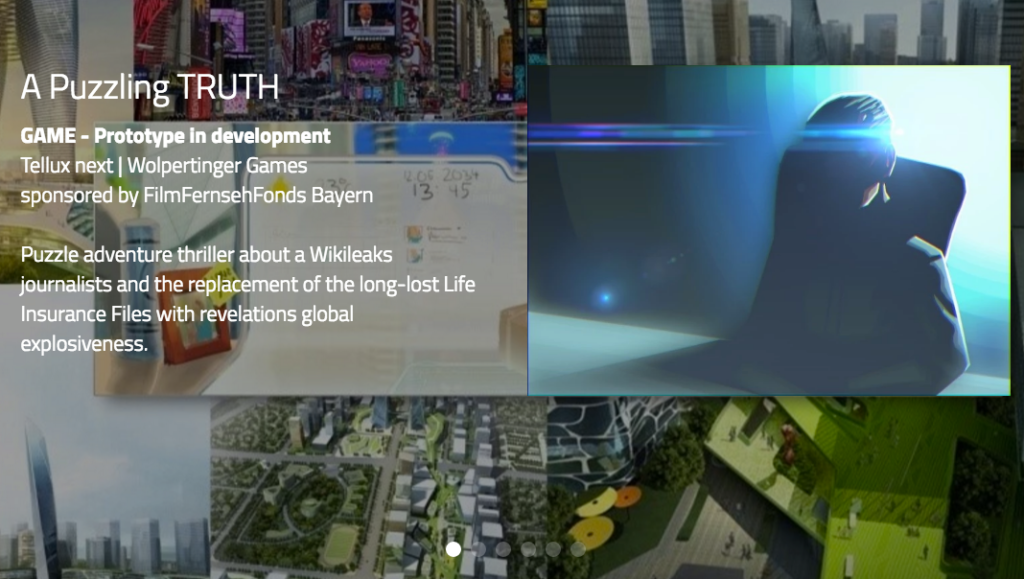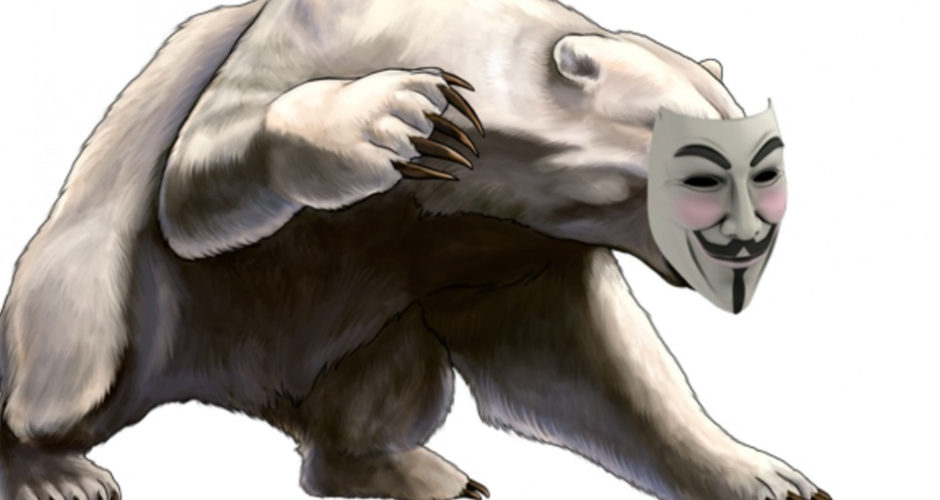When WikiLeaks began having trouble processing payments for donations in the early 2010s, one of the institution saving responses came from Ólafur Sigurvinsson and his Icelandic company Data Cell. Data Cell helped WikiLeaks continue processing donations, and as the obstacles mounted the two filed an ultimately successful lawsuit against the credit card companies. In 2013, it was Ólafur who worked with Birgitta Jonsdottir to try to secure Snowden asylum in Iceland, and it was Ólafur who provided planes to transport Snowden in what Julian Assange later called one of several “distraction operations.” A few months after Snowden landed in Moscow, Ólafur announced a new venture with Julian Assange and WikiLeaks to act as their global brand manager. And thus, Wiki-License was born.
This wasn’t Assange’s first attempt to control his brand. In 2011, he applied to trademark his name. A year later, WikiLeaks tweeted that it might need to trademark his face as well, after some advertising used it without authorization. The original trademark application included
Public speaking services; news reporter services; journalism; publication of texts other than publicity texts; education services; entertainment services.
Wiki-License would address all of these issues, handling not only Assange’s trademark but his likeness along with the WikiLeaks trademark. When it announced itself in late February 2014, Wiki-License made it clear that it aimed to be both more ambitious and productive. In their press release, Assange said that Wiki-License was “an important part” of how supporters could fund their work, in addition to “both spreading the awareness of our work and protecting the integrity of the brand.” Ólafur said that “WikiLeaks and Julian Assange enjoy amazing worldwide recognition and possess all of the key attributes of major global brands.” He added that
They represent a cause that a large proportion of people are passionate about, have strong momentum and speak to a growing consumer demographic that is emerging from a tide swell of changing opinion across the world. As we’ve seen with the exposures of mass surveillance in 2013 by Edward Snowden, the importance of WikiLeaks is going to become increasingly more relevant. We have already received expressions of interest from a number of companies with consumer products and services that align with our brand values, and I expect the first of these to start appearing soon.
The next day, WikiLeaks tweeted an announcement confirming the press release with a link to an article from Licensing.biz. The article explained that Wiki-License would focus on ‘personal expression’ with products including apparel, accessories, housewares and stationery. Elsewhere, Ólafur said he was looking for partners in Canada. In an exclusive interview published under the title Branding The Whistleblower, Assange explained that the idea had been in development for two years, likely a reference to the earlier trademark application. Several months later, they announced that they had found a European partner in Bavaria Media, which would be represented by Bavaria Sonor.
In October, they announced that Franchisee India would be bringing their merchandise to India, particularly clothes. Vogue responded with speculation that they might be “selling T-shirts for up to $100 each.” Wiki-License said that they had signed deals in Austria, France, Germany, Portugal, Spain and Switzerland. It wasn’t until 2015 that they finalized the first contract, almost certainly for the USB drives sold in France, the same year they had started developing an official WikiLeaks video game.
This wasn’t the first WikiLeaks video game, but it would be the first official one. In 2010, a pair of Flash-based video games were published, both of which are preserved on Newgrounds. The more popular of the two, WikiLeaks: The Game, was created by Dutch developer Sebastiaan Moeys. Despite the game’s simple premise and graphics, it was played by more than a million people in its first week. In light of that response and Assange’s constant presence in the news, it’s unsurprising that by 2015 they saw a hungry market. The game was initially titled “Leaked” before being renamed to the much more marketable “A Puzzling Truth – a dystopian WikiLeaks Thriller,” and was planned to be playable on Android, iOS, Mac, and Windows and with a virtual reality edition released later.
The game was being produced by Bavaria Media, with a quarter of the funds (€60,000 out of €240,000) coming from FFF-Bayern. In an interview, Ólafur said the development and marketing of the game was fully funded while emphasizing the financial connection to the German government via FFF-Bayern, which is partially owned by Bavaria, and ascribed it to Germany’s increased interest in the subject following the Snowden leaks. Ólafur also compared the game to the puzzles and riddles from The Room, which was initially produced for £160,000. Development of the game resulted in a successful prototype-cum-pilot episode in 2016 for PC, mobile and Oculus Rift VR, but doesn’t appear to have proceeded further.

The player takes on the role of Adam Wolfe a former Wikileaks journalist, in a dystopian future (seemingly March 2043) after the fictional dismantling of WikiLeaks. As Adam Wolfe, the player would explore the life and dangerous work as a whistleblower who is tasked with an important mission: must uncover an intricate plot while solving puzzles inspired by cryptography and espionage that could lead to the ‘lost life insurance files’ of WikiLeaks. The game was meant to playfully explore themes including mass-surveillance, personal safety and the distinction between privacy and secrecy.

A redacted in-game newspaper reveals some of the game’s backstory through a propagandist’s lens.
WikiLeaks’ main conspirator shocks nation on Tuesday morning by pleading guilty on all charges including nearly [redacted number] cases of high treason as well as seven charges of sexual harassment.
The case of WikiLeaks was a special one not just because of it’s unusual culprits which consists of some of the worlds most notorious, untrustworthy and evil human beings alive, traitors thieves, murders. [2 lines redacted at the end of the paragraph]
The long tale of deception that is WikiLeaks’ history ended three and a half months ago on February [redacted date] when special forces from USA, Russia, Germany, France, UK and Sweden joined forces for one of the biggest anti-terror operations in history and brought the machinations of one of the most notorious organizations to a spectacular end. With minimum force and perfectly timed surgical operations the special forces units apprehended 90% of WikiLeaks members spread over more than 50 countries.
The aftermath of “Operation Wicked” was the long line of trials that were set over the next years to take the notorious band of conspirators to court. The first and most anticipated of said trials [half a line cut off] WikiLeaks leader, and enemy of the state.
Soon after starting the game’s prototype, Adam finds a mysterious package that includes a cryptic note, a photograph and a “data cube.” After unlocking the data cube with a thumbprint, Adam is contacted by a shadowy figure who says he needs Adam because he used to work for WikiLeaks in order to recover and publish their “life insurance files.” Adam debates following the clues before deciding he has to know. The first puzzle is simple, compare two pictures and find all the differences to see what the government tried to hide. After spotting all of the differences, Adam is contacted by state authorities who say they have detected suspicious activities on his machine and are coming to confiscate them and investigate him. If he doesn’t comply, they would consider it “an act of terrorism” and would “retaliate with immediate force” because he is “a trained journalist” which meant they could “take no risks.”

After that, the prototype’s pilot episode ends. It’s unclear who the “main conspirator” is meant to be or evoke. While Julian Assange seems one of the most likely candidates, multiple survivors came forward about abuse by Jacob Appelbaum while the game was being developed. Since a German company was developing the game and where Appelbaum has a large presence, it’s entirely possible it the “seven charges of sexual harassment” either refers to or is meant to invoke him. Whether the “life insurance files” was merely meant to represent the real-life insurance files that WikiLeaks has published to prevent censorship and loss of data, or if it served another purpose in the game similarly remains unknown.
Today, Wiki-License (rebranded as Just Licensing) says it operates on behalf of Assange and WikiLeaks in Austria, Germany, Spain and Switzerland, though their Facebook page hasn’t posted since September 2017. On Twitter, it appears to have gone inactive while Ólafur continues to post periodically. What appears to have been the last public mention of the game having any life was when the Wiki-License / Just Licensing Facebook page posted the prototype video in April 2017 with a caption that asked if it was “The future of Wikileaks ?”
You can watch the video of the game’s prototype below or on the developer’s unlisted YouTube upload.



